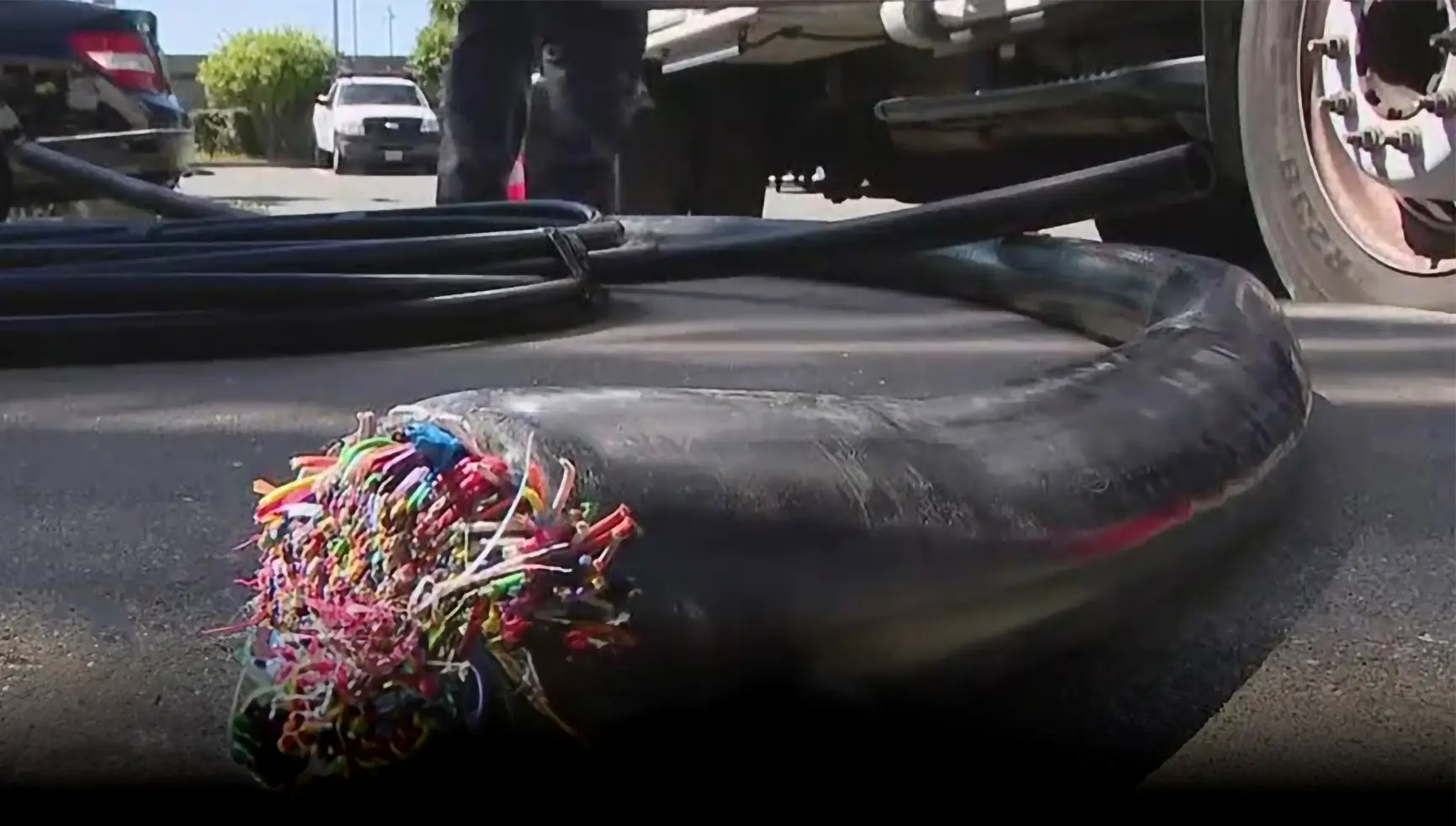


|
||
|
||

I recently saw that AT&T is offering a $10,000 reward to anybody who provides information that leads to the arrest and conviction of people stealing copper wiring. The particular announcement is related to a recent theft of copper in South Dallas, Texas, but there have been numerous other thefts.
This is not a small problem, and the estimated value of stolen telephone copper is between $1.5 and $2 billion annually. This isn’t just a telecom issue, and the U.S. Department of Energy estimates that theft of copper electrical wiring costs around $1 billion per year.
The theft of copper telephone and electric wires is very much a function of metal prices, and thefts increase any time metal prices climb. The current price for raw copper is $4.46 per pound. The value fluctuates with demand, like most raw materials. In September 2022, the price hit a low of $3.24 per pound.
Some states and cities have taken measures to combat metal theft, such as requiring scrap yards to keep detailed records of metal scrap purchases.
Copper theft has been a problem for many years. The National Insurance Crime Bureau said that there were 33,775 insurance claims for stolen metal between 2010 and 2012, and 96% of those thefts were of copper. At that time, the states with the most thefts were Texas, Georgia, California, and North Carolina.
In searching the web, there have been copper thefts that have caused major problems. For example, in April 2008, five tornado warning sirens in Jackson, Mississippi, did not sound after thieves had stripped the copper feeding the sirens.
I remember when I was visiting an independent telephone company in south Texas in the late 1970s, that sophisticated thieves had stolen over 20 miles of copper wiring over a weekend. The thieves were using unmarked utility trucks and reeled the copper off the poles into large spools. At that time, the price of copper was $1.20 per pound, up from just over $0.50 per pound just a few years earlier. Folks with long-term memories might recall that the spike in copper prices in the late 1970s also led folks to melt down a huge number of all-copper pennies.
You might think this is a diminishing problem since the use of copper is decreasing as telcos upgrade from DSL on copper to fiber. However, companies like AT&T and other telcos overlash a lot of fiber onto existing copper lines—a process that saves a lot of time and money. It’s a big problem if thieves pull down fiber to get to the supporting copper because the fiber repairs in this situation will not be quick.
Sponsored byIPv4.Global

Sponsored byWhoisXML API

Sponsored byCSC

Sponsored byDNIB.com

Sponsored byVerisign

Sponsored byRadix

Sponsored byVerisign
